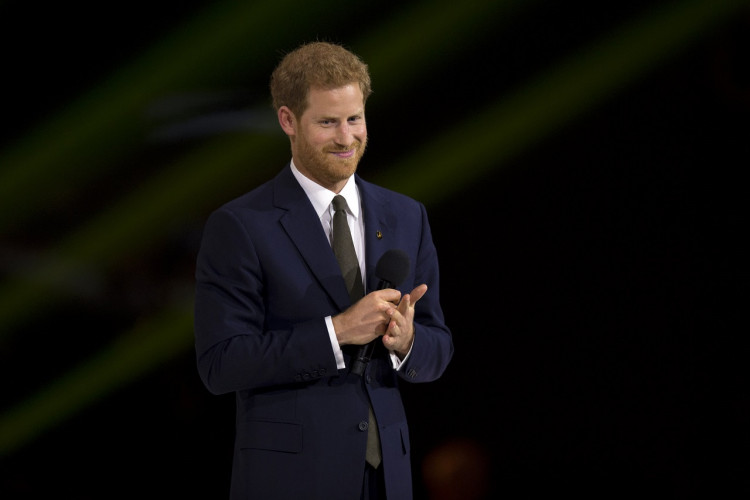In a new book by British journalist and royal author Robert Jobson, Prince Harry is said to have had a heated argument with his father, King Charles, over financial support. The Duke and Duchess of Sussex stepped back from royal duties in 2020, seeking financial independence from the royal family. They subsequently signed multi-million-dollar deals with Netflix and Spotify.
However, before these deals, Prince Harry claimed that his father had financially cut them off. Jobson's book, "Our King: Charles III: The Man and the Monarch Revealed," which will be released on Thursday, delves into the father-son relationship and shares details of a confrontation between the two during which Prince Harry reportedly swore at King Charles.
According to the Hindustan Times, Jobson wrote, "Prince Charles simply stopped taking Harry's calls after his son swore at him and repeatedly asked for funds. When the Queen asked Charles why he hadn't given in, he told her that he wasn't a bank."
During their tell-all interview with Oprah Winfrey in March 2020, Meghan Markle's husband spoke about being financially cut off by his father. Vanity Fair quoted Prince Harry as saying, "My family literally cut me off financially, and I had to afford security for us. I've got what my mum left me, and without that, we would not have been able to do this."
Furthermore, Jobson's book claims that Prince Harry not only contacted his father but also tried to persuade his late grandmother, Queen Elizabeth, to support him. He allegedly persistently called her to air his grievances, even after relocating to the United States.
Jobson wrote, "Her Majesty found Prince Harry's calls quite difficult and wearisome. She didn't want to interfere in the father/son relationship and would urge him to speak to his father."
The late monarch reportedly advised her grandson to speak with his father instead. She also believed that Prince Harry's love for Markle was clouding his judgment and thought that the Duke and Duchess of Sussex's criticisms of the royal family were "quite mad."





